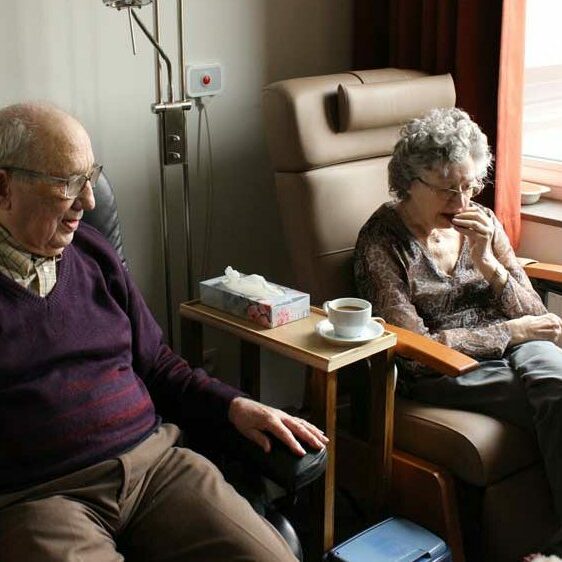Social media and all things internet have created new opportunities for scam artists with different ways to find and get in front of their victims. Senior citizens, in particular, have bullseyes not only on their foreheads but also between their shoulder blades, for those looking to siphon off not just savings but social security checks. Scammers study and learn their targets, tag those who may not have full mental capacity and might be easily confused, then move in (or next door as is sometimes the case).
Elder abuse comes in many forms and we need to protect our seniors (especially those who live alone) from potential dangers. If you have a parent, relative or friend and their safety is your main concern, you should be mindful of the following:
Financial Exploitation. Hackers and thieves are expert profilers and very creative. Scams might include calls from telemarketers, fake invoices in the mail, phishing emails, bogus charities and the like. A relative or “new friend” may be diverting mail, forging signatures, or stealing money or coercing their senior to sign a new power of attorney or change a will. Be on the lookout for unexplained credit card charges, loans to non-family members, and an increase in spending (or ATM withdrawals). Finally, don’t dismiss professionals who charge excessive fees.
Physical Mistreatment. It is conceivable that our seniors might be neglected or physically harmed without our knowledge and, unfortunately, it is often someone they already know or who may be an in-home or nursing home caregiver. Be cognizant of bruises, cuts, burns, or restraint markings as well as anxiety, depression, or sudden alcohol or drug consumption. Fearfulness, nervousness, and decrease in attendance at regular social events might be an indication of something awry. Intentionally withholding food, water, or medication or failing to provide adequate personal hygiene is also considered abuse.
Emotional Abuse. Emotional abuse is far more difficult to detect than physical abuse and it is crucial to observe and ask questions. The abuser’s intention is to diminish the senior’s dignity and self-worth. Your senior may be verbally attacked, threatened, or harassed (causing angst and feelings of distress). Control, manipulation, and isolation are also characteristics of abuse, stripping seniors of their independence. Most seniors will not report the behavior for fear of retaliation and embarrassment.
If you notice any of these signs or you suspect that your senior is being exploited or harmed, do not hesitate to call the police or contact adult protective services in your community. Here are some ways you can help: (1) involve a social worker; (2) draft new estate plan documents; (3) remove assets from joint accounts; (4) require accountings from trustees; (5) purchase identity theft protection; (6) keep in regular contact; and (7) screen caregivers carefully.
Having a relationship with a lawyer can help you navigate through these important golden years. Sweeney Law Firm can help by providing trusted advice and guidance to take the pressure and throw away conventionality. Please call us to learn more about wills, powers of attorney, guardianships, and conservatorships to create a system that protects assets and to protect your seniors from becoming victims.
